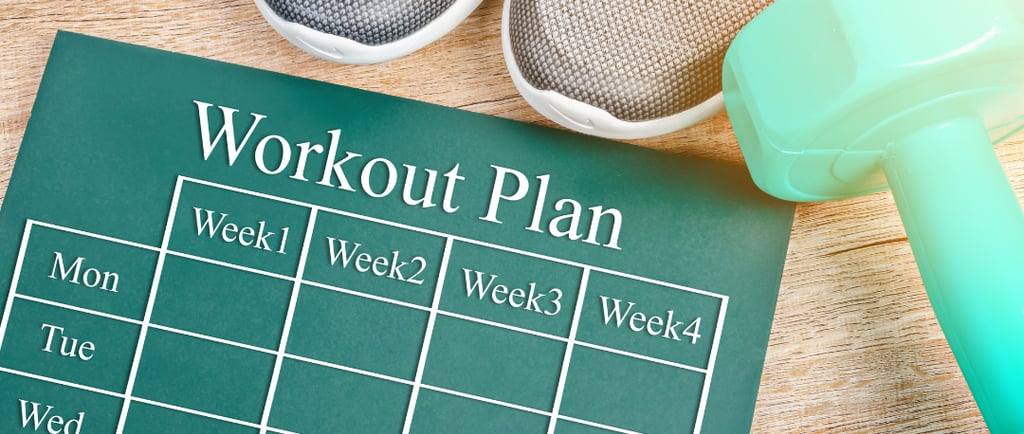Weekly Exercise Requirements for Optimal Health
Understanding your weekly exercise requirements and the types of exercises that provide the most benefit can empower you to plan effectively and make the most of your workouts.
FITNESS
3/19/20252 min read


The Importance of Regular Exercise
In today’s fast-paced world, maintaining a healthy lifestyle has become more essential than ever. Regular physical activity not only boosts physical fitness but also significantly contributes to overall well-being. Exercise can help reduce the risk of chronic diseases, improve mental health, and increase energy levels. While it can be challenging to incorporate exercise daily, understanding how much activity you need each week can make it easier to break it up and fit into your routine.
Recommended Weekly Exercise Guidelines
Health organizations like the World Health Organization (WHO) and the American Heart Association (AHA) provide clear guidance on the recommended amount of exercise.
For adults aged 18 and above, the recommendation is 150 to 300 minutes of moderate-intensity aerobic exercise or 75 to 150 minutes of vigorous-intensity exercise per week. Additionally, incorporating strength training at least twice a week is advised to enhance muscle strength and support overall fitness.
For children aged 5 to 17, at least 60 minutes of moderate-to-vigorous exercise daily is ideal. They should also include vigorous activities that strengthen muscles and bones at least three times a week.
Types of Exercise to Consider
When creating a weekly exercise plan, incorporating various types of activities is key to addressing different aspects of fitness. Here are a few types of exercise to include in your routine:
Aerobic Exercise: Activities like walking, jogging, swimming, and cycling are crucial for cardiovascular health.
Strength Training: Weightlifting, bodyweight exercises, and resistance bands help build and maintain muscle mass.
Flexibility and Balance: Practices like yoga and stretching exercises enhance coordination, flexibility, and overall physical balance.
Setting realistic fitness goals based on your abilities is crucial for long-term success. Allocating time for these activities each week not only fosters a consistent habit but can also make exercise a more enjoyable part of your life. Incorporating movement into your day—like walking or biking instead of driving, or opting for stairs over elevators—are simple yet effective ways to stay active.
Embrace a Healthier, Happier Life
The key to lasting health and fitness lies in making a commitment to regular physical activity. By aiming for at least 150 minutes of moderate exercise each week, you’ll be taking sustainable steps toward better health, both physically and mentally. Embrace an active lifestyle, and enjoy the countless benefits that come with it!
Sakura Fitness & Beauty
Promoting fitness, health, wellness, and beauty.
© 2025. All rights reserved.
London, UK
info@sakurafitnessbeauty.com
